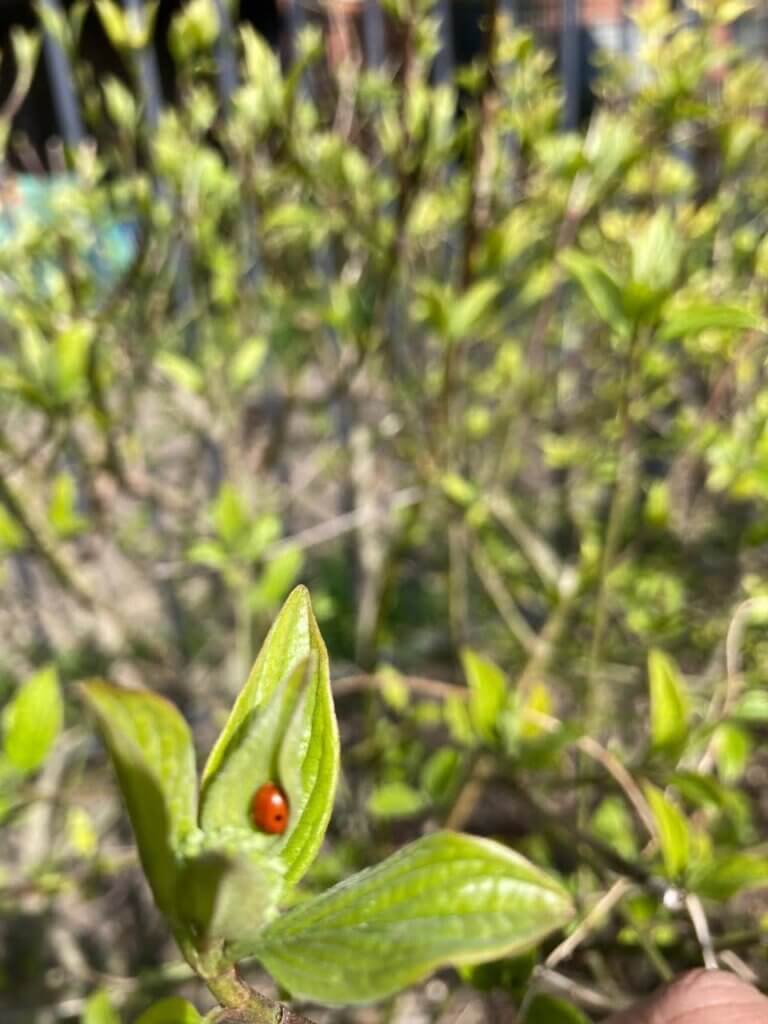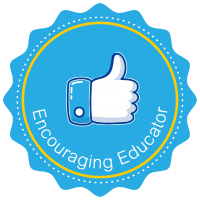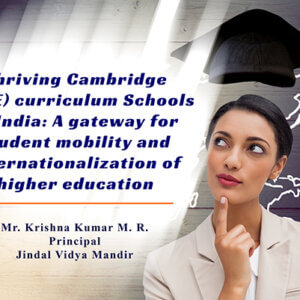Catch Them Young
It is said that the best learning happens through experience. Terms like ‘experiential ‘ or ‘immersive’ learning are the key mantras today to make the entire process of education more effective and lasting.
Here, I quote an example. A five-year old who had not yet stepped into Class one taught me an invaluable lesson in “animal rights” and protection of wild life species. When she was a tiny toddler of about three she was fascinated by ladybirds—the pretty coral coloured, dotted bug that we find on leaves and grass. Every time she went for a walk in the park and happened to notice one she would bend down and watch it closely while her mother dutifully explained to her about the importance of the colourful insect, the different colours, red, yellow and sometimes a dull brown, the various stages of its life cycle, etc, etc. From then on she was inquisitive about insects in general. She picked up little facts about them from children’s picture books, video shots and her favourite recreational space, the park. Without realising it, the little girl was quite enthused and her knowledge of the marvellous world of insects grew!
When she visited me next, as is usual with little kids, she wanted to lend a helping hand in every chore around the house like dusting of furniture, watering of plants , putting clothes out to dry, etc. Once, while pottering about in the garden we happened to see a cluster of ants hurrying around the base of a flower pot, carrying their eggs on their backs. My instant reaction was to spurt some water on them to disperse them. Immediately the little one warned me, “Grandma, do you think we should do that? If the ant eggs don’t hatch, the ants will lose their babies. Then how will there be new ants. They’ll all die.” A very solemn thought.
Wisdom out of a babe’s mouth! She went on to tell me in all seriousness : we mustn’t clean out all the cobwebs, they are the homes of spiders! And at another time, “I love nature, because if nature was not there how would we get air to breathe and water to drink”. Whether she actually understood the seriousness of the matter, it’s hard to say. But she had internalised the little nuggets of knowledge and used them to make her point.
A couple of years have now passed since that nature science lesson. She had wanted to be an “entomologist” (a huge word for her!) when she grew up. But of course, now her ambition has changed. But the life lessons she has picked up will not be erased so quickly.
Provide your child (whether your own or your students) with real life experiences, so that they can imbibe facts without any stress or strain. Then automatically, learning becomes fun and everlasting.



